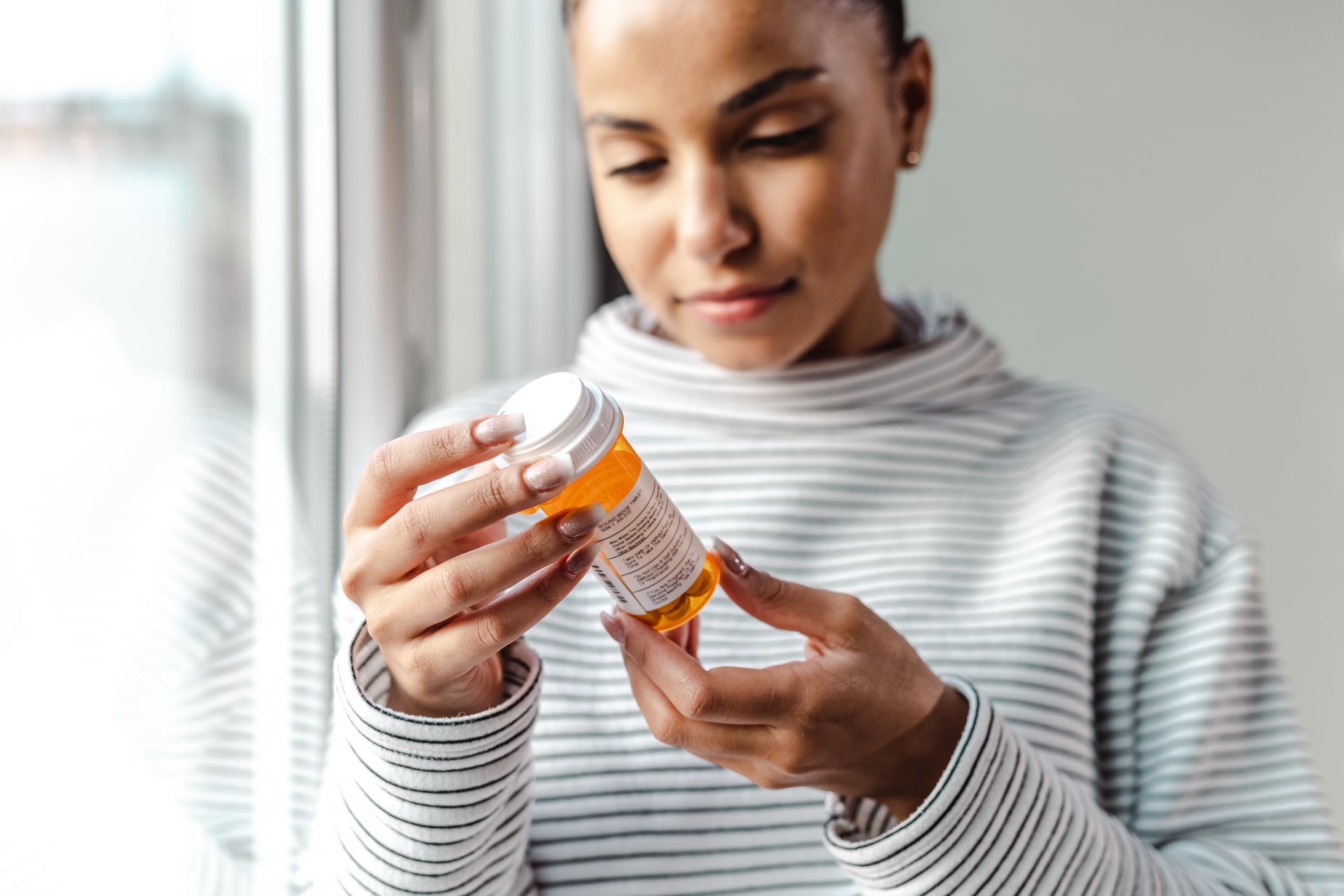

Most of us don’t think about what time of day it is when we take our medicines. Sure, you may have one or two your doctors suggest taking at a certain time of day…
But if a headache hits or your tennis elbow is acting up, you probably pop a Tylenol when it’s needed.
After all, medicine has the same effect in your body 24 hours a day, right?
Not according to researchers from the Massachusetts Institute of Technology who warn that your body’s circadian rhythm has a big influence on the breakdown of medications…
And that taking them at the wrong time of the day could lead to toxin buildup.
Enzymes matter
It’s estimated that about 50 percent of human genes follow a circadian cycle, and many of these genes are active in the liver.
Using tiny, engineered livers derived from cells from human donors, the researchers found that these circadian variations can affect how much of a drug is available to your body at any given time — and how effectively the body can break it down.
That’s because the enzymes that break down both over-the-counter and prescription drugs are more abundant at certain times of day. This is important because if your body can’t break down the medication you take, levels of toxins can build up.
Let’s take a look at Tylenol specifically…
According to the researchers, when Tylenol is broken down in the liver, a small fraction of the drug is converted into a toxic byproduct known as NAPQI.
Yet, the study showed that the amount of NAPQI produced can vary by up to 50 percent, depending on what time of day you take the medicine.
And it wasn’t just Tylenol…
They also found that atorvastatin (prescribed for high cholesterol) generates higher toxicity at certain times of the day. (If, by the new guidelines, you find atorvastatin won’t be necessary, try CoQ10 to raise HDL and support your liver!)
What these two drugs have in common is that both are metabolized in part by an enzyme called CYP3A4, which has a circadian cycle.
And because CYP3A4 is involved in processing about 50 percent of all drugs, you can just imagine how many medications could put a heavy load on liver health.
Guarding your liver health
Unfortunately, it will take more research before they can tell us the optimal and safest time of the day to take drugs that are affected by circadian rhythm.
But in the meantime, what you can do is support your liver’s efforts to detox your body by helping the process along naturally…
Some of the most powerful detoxing agents and liver supporters can be supplemented…
No doubt you’ve heard of milk thistle, a purple flower and an ancient liver-booster, milk thistle has been found to help support the elimination of heavy metal buildup, medication residue, environmental pollutants and alcohol that can accumulate in and damage your liver. But there are more…
- N-Acetyl Cysteine (NAC) — NAC is a little-known amino acid that has been shown to help support the gentle detoxification of your liver, to rid it of tobacco and other types of carbon monoxide-rich smoke, alcohol and the air pollutants you’re exposed to daily.
- Turmeric — This 4,000-year-old Indian herb helps balance inflammation and protect your liver from oxidative stress while promoting healthy liver function.
- Alpha Lipoic Acid (ALA) — ALA is a potent antioxidant that helps keep fats from accumulating in your liver.
- Selenium — is a trace mineral that helps promote detoxification. One study has shown that selenium helps detox mercury buildup and reduce its effects. Never take OTC pain relievers if you’re low on selenium!
- Schisandra — An ancient Chinese herb that promotes healthy liver function, it helps activate enzymes in the liver cells that produce glutathione — the master antioxidant that detoxifies the body.
Also, it might be a good time to go over current medications with your physician to see if dosages can change or if less toxic medications are available. Remember, never stop taking a prescribed medication without discussing it with your doctor.
